Air New Zealand faced major travel disruptions after intense crosswinds hit Queenstown Airport on April 14, 2025. The strong winds forced the airline to cancel ten flights, creating a ripple effect across multiple cities including Auckland and Christchurch. These cancellations affected both domestic and international passengers during a busy tourist season.
Queenstown Airport, surrounded by rugged mountains, frequently deals with weather-related flight issues. On this day, powerful southerly winds created unsafe conditions for landing, making flight adjustments unavoidable. Air New Zealand acted quickly to prioritize safety and reduce risk. However, the impact on travelers was significant and widespread.
Other airlines also adjusted their schedules. Jetstar turned a flight back to Auckland. Meanwhile, Qantas rerouted one from Sydney to Christchurch. These disruptions delayed hundreds of passengers. Queenstown, a major tourism hotspot, experienced a noticeable drop in incoming visitors. The delays showed how weather challenges could shake up even the best-planned vacations.
Air New Zealand’s rapid response helped many passengers find alternate routes. But uncertainty still loomed due to unpredictable conditions. The event highlighted the need for real-time communication tools and well-planned backup strategies. Airlines and airports in areas like Queenstown must always stay alert and adapt fast.
Tourism in the region felt the blow. Local businesses, especially those tied to skiing and adventure tours, faced sudden booking gaps. The situation revealed how weather events affect not only airlines but also entire communities relying on tourism revenue. In peak travel seasons, these losses can snowball quickly.
Travelers should remain informed about changing weather in New Zealand. Monitoring flight updates and choosing travel insurance could reduce stress and costs during such situations. As climate unpredictability increases, disruptions like these may become more common. Preparedness now matters more than ever for passengers and tourism providers alike.
Related stories:
Catch up on the top stories and travel deals by subscribing to our newsletter!

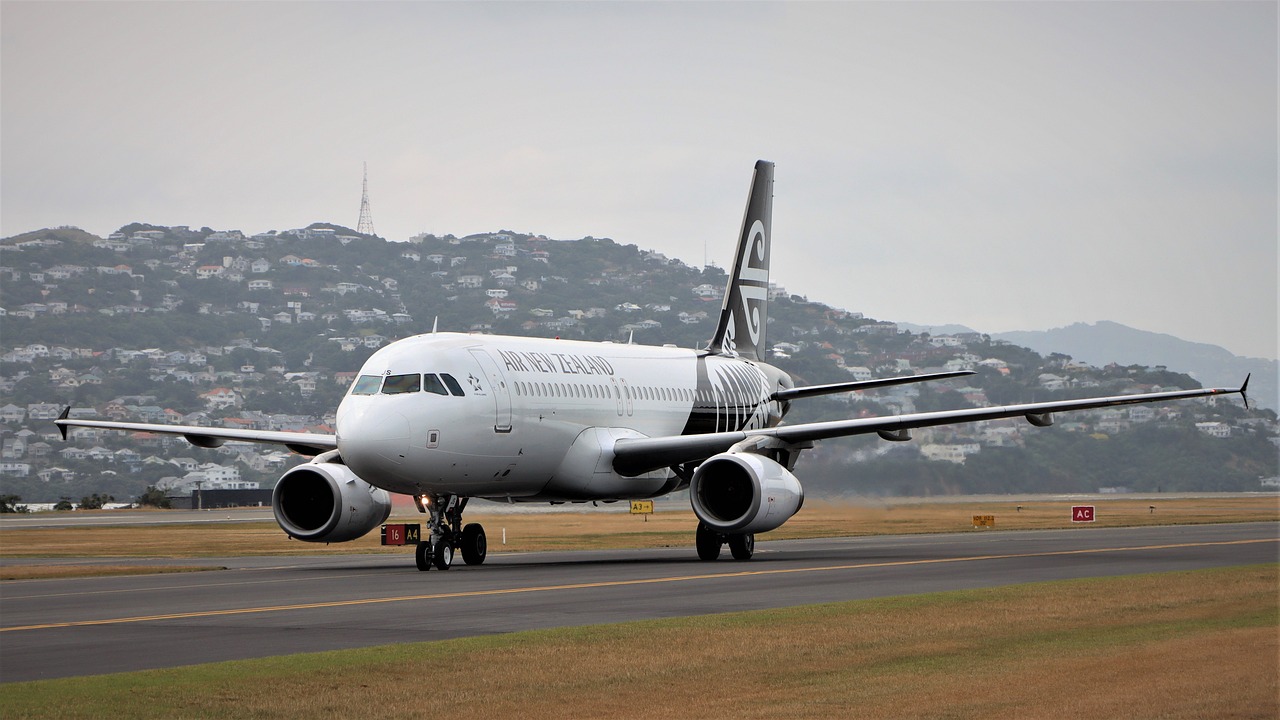

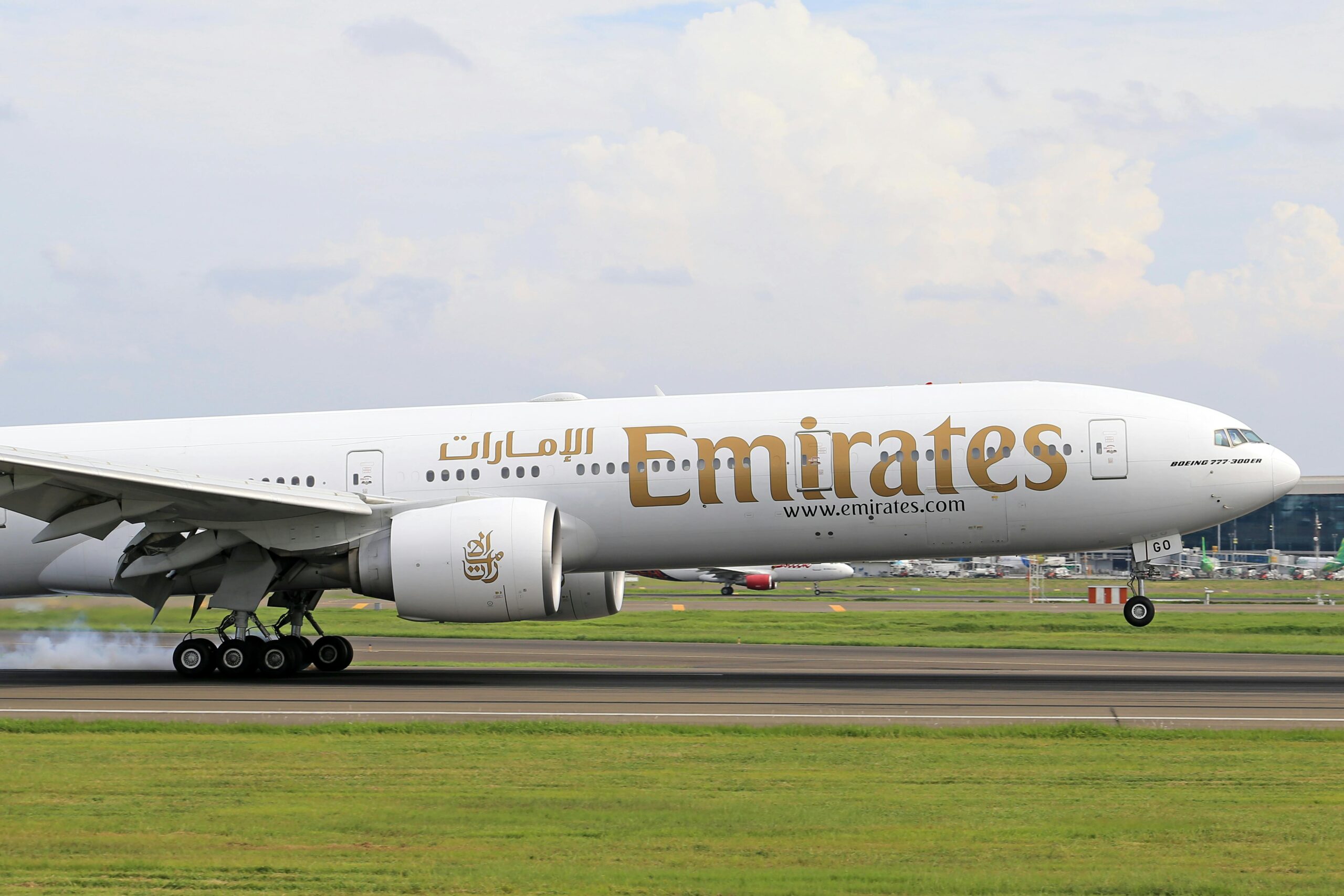

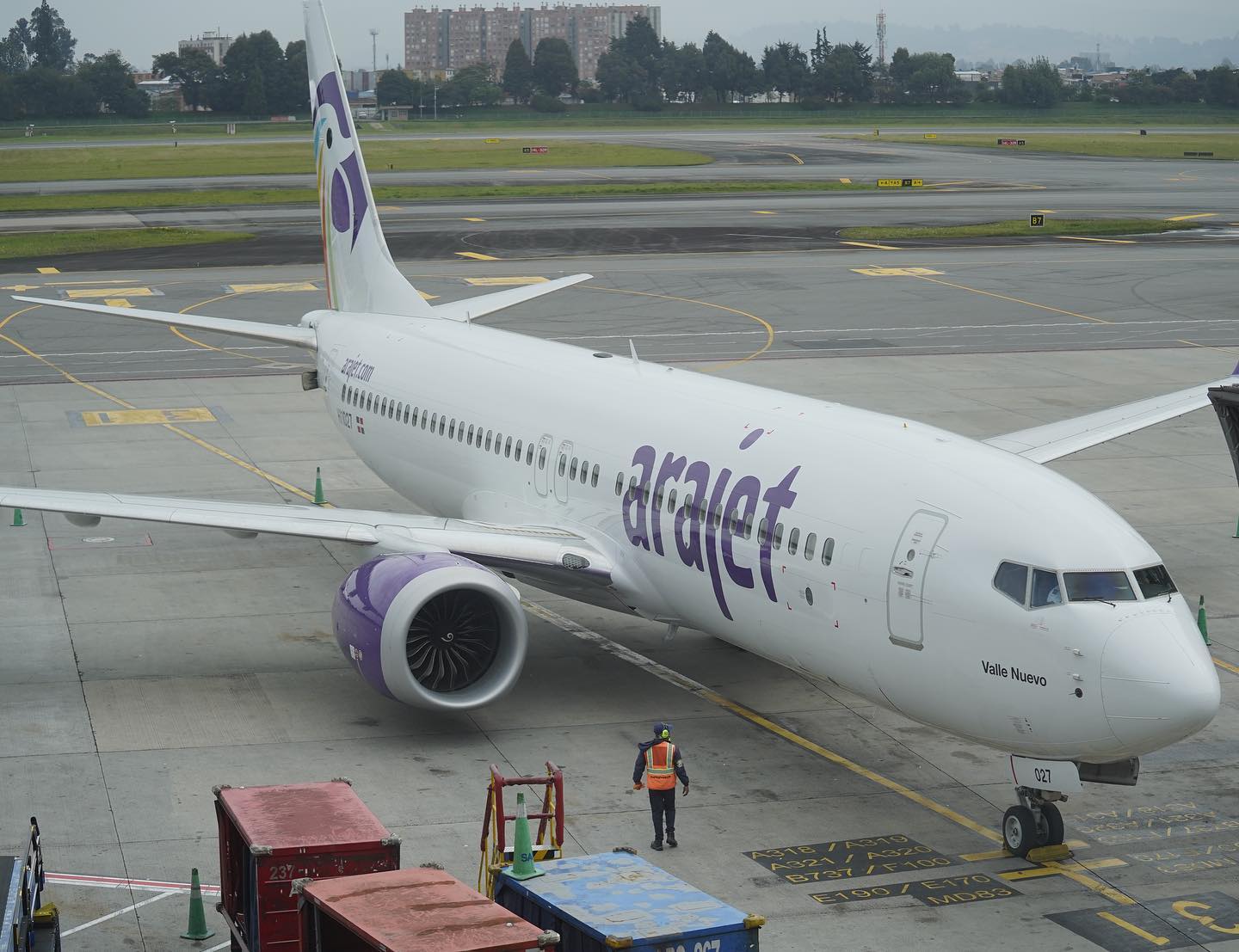
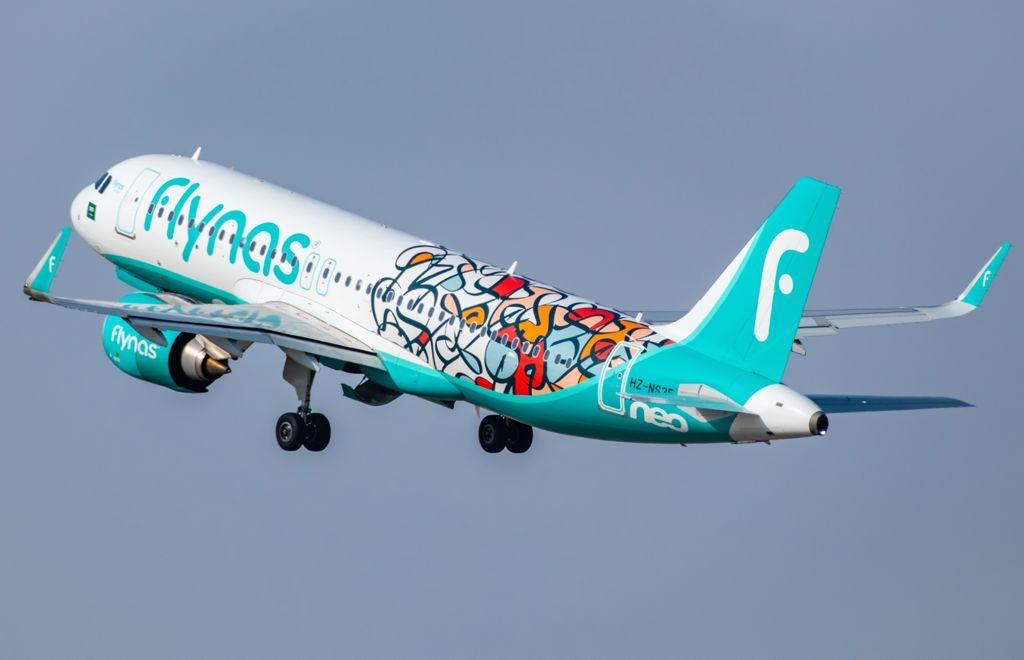
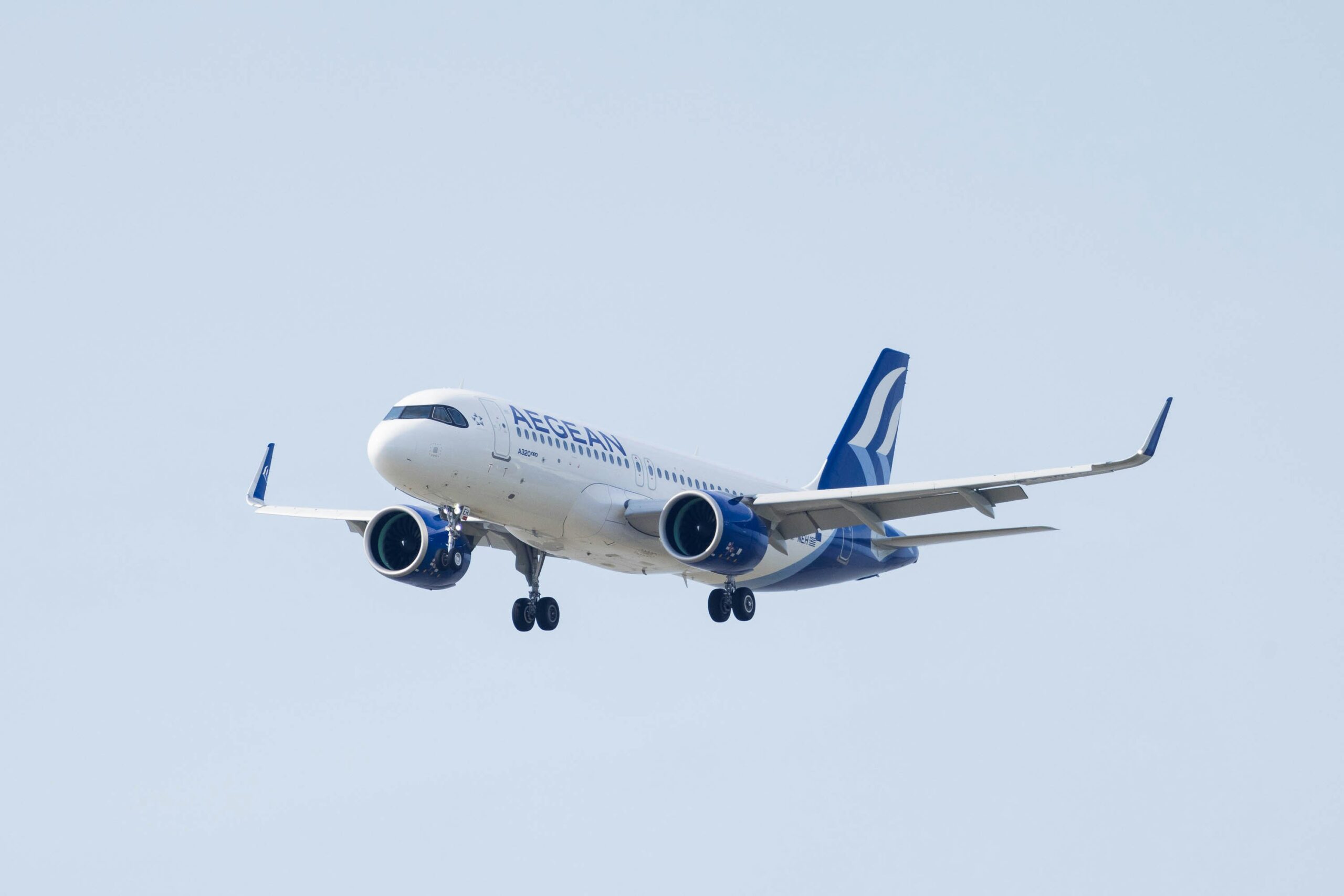




Leave a Reply